Are you a Matcha seller? Join as a Vendor

Midori Spring brings the authentic taste of Japanese matcha to wellness enthusiasts who refuse to compromise on quality. Founded in 2015 by Ying Han, a tea lover and health advocate, the brand emerged from a personal journey—discovering matcha’s healing properties during years of managing chronic pain, inflammation, and anxiety. What started as one woman’s search for natural remedies has grown into a trusted source for organic ceremonial-grade matcha that honors centuries-old Japanese tea traditions.
Every tin of Midori Spring matcha begins in the nutrient-rich soils of Japan’s premier tea regions—Kagoshima, Aichi, and the Tenryu Valley. The brand works directly with master growers and tea artisans, including renowned experts like Natsumi Osada, who blend rare cultivars such as Okumidori, Asanoka, and Ujihikari to create distinct flavor profiles. This isn’t mass-produced powder. It’s small-batch matcha milled fresh to order, ensuring maximum vibrancy and potency in every serving.
Midori Spring holds multiple certifications that speak to its commitment to purity:
The brand’s transparency extends beyond certifications. Midori Spring publishes regular test results and maintains rigorous quality standards that exceed industry norms, giving customers confidence with every purchase.
Whether you’re new to matcha or a seasoned enthusiast, Midori Spring offers options tailored to your taste. The Emerald blend provides a beginner-friendly introduction with balanced flavor. The flagship Gold blend delivers rich umami notes perfect for daily lattes. Limited-edition offerings like Tenryu Origins, Miru, and Kiyora showcase rare single-origin leaves with pronounced complexity. Even the culinary-grade SEN matcha maintains premium quality for baking and cooking.
EatingWell magazine named Midori Spring’s Gold matcha “Best for Versatility” in their expert roundup, praising its neutral taste and beginner-friendly profile. Beyond accolades, the brand demonstrates environmental responsibility by partnering with tree-planting initiatives—contributing over 8,300 trees planted and 19,000 plastic bottles removed from ecosystems.
From farm to cup, Midori Spring represents more than premium matcha. It’s a commitment to wellness, authenticity, and the belief that everyone deserves access to the purest, most flavorful matcha available.
Midori Spring offers a carefully calibrated spectrum of matcha grades, each engineered to deliver distinct sensory experiences tailored to specific consumer preferences and applications.
Emerald Class represents the brand’s versatile blend option, featuring a smooth, earthy profile with subtle sweetness. This grade contains 14.26 mg of L-theanine per gram and is priced at $25.00 for 30g. The blend is specifically recommended for lattes, smoothies, and daily indulgence.
Gold No. 2 combines Okumidori and Asanoka cultivars to create a bold, nutty, and creamy matcha with pronounced umami characteristics. With 15 mg of L-theanine per gram and priced at $25.00 for 30g, this grade is ideal for ceremonial preparation and discerning palates.
Tenryū Origins Okumidori stands as the brand’s single cultivar offering, featuring pure Okumidori with sweet, pronounced umami and distinctive character. This ceremonial grade contains an impressive 23.8 mg of L-theanine per gram and is sought after by tea masters and enthusiasts for savoring pure matcha essence.
Culinary Grade provides an astringent, subtly bitter profile specifically designed for baking and diverse culinary applications. Containing 14.26 mg of L-theanine per gram and priced at $22.99, this grade offers versatility for recipe development.
Midori Spring employs traditional Mikage Stone Mills for their premium ceremonial grades, a process steeped in 1,200 years of tradition. These handcrafted mills grind tencha leaves at deliberately slow pace, generating minimal frictional heat to preserve delicate volatile compounds. The precise pattern, weight distribution, and rotational velocity are calibrated based on centuries of matcha-making expertise, with each mill producing only 30 to 40 grams per hour.
All products undergo rigorous testing protocols, with results showing undetectable levels of Cesium-134 & 137 and heavy metals (Arsenic, Lead, Cadmium, Mercury) at less than 0.2 PPM. The brand maintains USDA, EU, and JAS Organic certifications, ensuring complete adherence to organic farming protocols.
The story of Midori Spring begins not in the traditional tea gardens of Japan, but with one woman’s quest for natural healing. Ying Han, struggling with chronic back pain, inflammation, and anxiety, discovered the transformative power of matcha (powdered green tea) during her search for natural remedies. This personal journey of wellness became the foundation for what would emerge as a distinctive voice in the global matcha market.
Unlike many wellness brands that capitalize on fleeting health trends, Ying Han sought to establish something deeper – a brand predicated on authenticity, uncompromising quality, and consumer education. Her vision crystallized into Midori Spring in 2015, representing a belief that true well-being stems from genuine ingredients and informed choices.
From its initial focus on core matcha offerings, Midori Spring strategically expanded beyond the leaf itself. The company diversified into:
The brand’s deliberate cultivation of partnerships with discerning cafes and specialty retailers across North America and select European markets demonstrates a concerted effort to amplify distribution and cultivate brand recognition within key demographic segments.
Recognizing the paramount importance of direct consumer relationships, Midori Spring invested heavily in developing a robust e-commerce platform coupled with dynamic social media presence. This dual-pronged digital strategy enables the brand to cultivate a global audience while nimbly adapting to evolving market trends.
Midori Spring’s strategic sourcing from Japan’s most venerated tea-growing regions reflects a deliberate pursuit of terroir-driven excellence. The company sources from Aichi Prefecture, known for its harmonious equilibrium perfect for both ceremonial and culinary applications; Kagoshima Prefecture, renowned for fertile volcanic soils that yield vibrant, robust matcha; and the legendary Uji District of Kyoto Prefecture, the undisputed epicenter of Japanese matcha culture with centuries of unparalleled legacy.
The utilization of Mikage Stone Mills represents more than marketing – it constitutes an indispensable element of quality commitment. These meticulously handcrafted mills, steeped in 1,200 years of tradition, gently grind tencha leaves at deliberately slow pace, generating minimal frictional heat to preserve delicate volatile compounds responsible for matcha’s signature aroma and flavor nuances.
Tea lover and health enthusiast Ying Han founded Midori Spring in early 2015, driven by her personal journey through chronic back pain, inflammation, and anxiety. After discovering matcha’s tremendous health benefits through extensive research and tastings, she established the company to share this superfood and educate others on balanced lifestyle importance.
Midori Spring established sourcing relationships with Japan’s most venerated tea-growing regions including Aichi Prefecture for versatile ceremonial and culinary applications, Kagoshima Prefecture for vibrant volcanic soil matcha, and the legendary Uji District of Kyoto Prefecture, the epicenter of Japanese matcha culture with centuries of production legacy.
Initially anchored by core matcha offerings, Midori Spring strategically expanded its product line to encompass roasts and blends, artisanal drinkware, and specialized accessories. This calculated diversification reflected ambition to cultivate a holistic ‘matcha lifestyle’ brand, catering to broader spectrum of consumer needs and preferences.
The brand deliberately cultivated partnerships with discerning cafes and specialty retailers spanning North America and select European markets, demonstrating a concerted effort to amplify distribution footprint and cultivate heightened brand recognition within key demographic segments through strategic alliance building.
Recognizing the paramount importance of direct consumer engagement, Midori Spring invested heavily in developing a robust e-commerce platform coupled with dynamic social media presence. This dual-pronged digital strategy enabled the brand to cultivate a global audience, foster direct relationships with consumers, and nimbly adapt to evolving market trends.
Find below some answers to the most common questions about Midori Spring.
While both Gold No. 2 and Emerald Class are priced identically at $25.00 for 30g, they offer distinctly different experiences. Gold No. 2 features a blend of Okumidori and Asanoka cultivars, delivering bold, nutty, and creamy flavors with pronounced umami – making it ideal for ceremonial preparation. In contrast, Emerald Class uses a proprietary blend designed for smooth, earthy notes with subtle sweetness, specifically crafted for lattes and daily consumption.
The L-theanine content also differs slightly: Gold No. 2 contains 15mg per gram while Emerald Class provides 14.26mg per gram, reflecting their different intended uses and flavor profiles.
Tenryū Origins Okumidori represents Midori Spring’s premium single-cultivar offering with the highest L-theanine content at 23.8mg per gram. This ceremonial-grade matcha features pure Okumidori cultivar with sweet, pronounced umami and distinctive character sought after by tea masters.
The absence of listed pricing typically indicates this is either a limited-availability product, custom-priced based on seasonal harvests, or available through special inquiry only. Given its exceptional L-theanine levels and single-cultivar purity, it likely commands a premium above their standard $25.00 offerings.
Midori Spring uses two distinct grinding methods based on matcha grade. Their Mikage Stone Mills – handcrafted with 1200 years of tradition – process only premium ceremonial grades like Gold No. 2 and Tenryū Origins Okumidori.
The stone mill’s hand-carved patterns, precise weight distribution, and slow rotational velocity create the exceptionally fine particle size and smooth mouthfeel that distinguishes Midori Spring’s ceremonial grades.
For baking and culinary applications, choose Midori Spring’s Culinary Grade at $22.99 for 30g. Its astringent, subtly bitter profile and 14.26mg L-theanine content are specifically designed for recipes where matcha flavor needs to stand up to other ingredients.
For ceremonial preparation, select either Gold No. 2 ($25.00) with its bold, nutty umami from Okumidori and Asanoka cultivars, or the premium Tenryū Origins Okumidori for the ultimate ceremonial experience with 23.8mg L-theanine and pure single-cultivar sweetness.
Midori Spring strategically sources from Japan’s three most distinctive matcha-producing regions to create their signature blends:
This multi-regional approach allows Midori Spring to craft complex flavor profiles like their Gold No. 2 blend, combining the best characteristics from each terroir rather than relying on single-origin sourcing.
There are no results matching your search
Click below to see the profile of a matcha brands similar to Midori Spring.
No results available
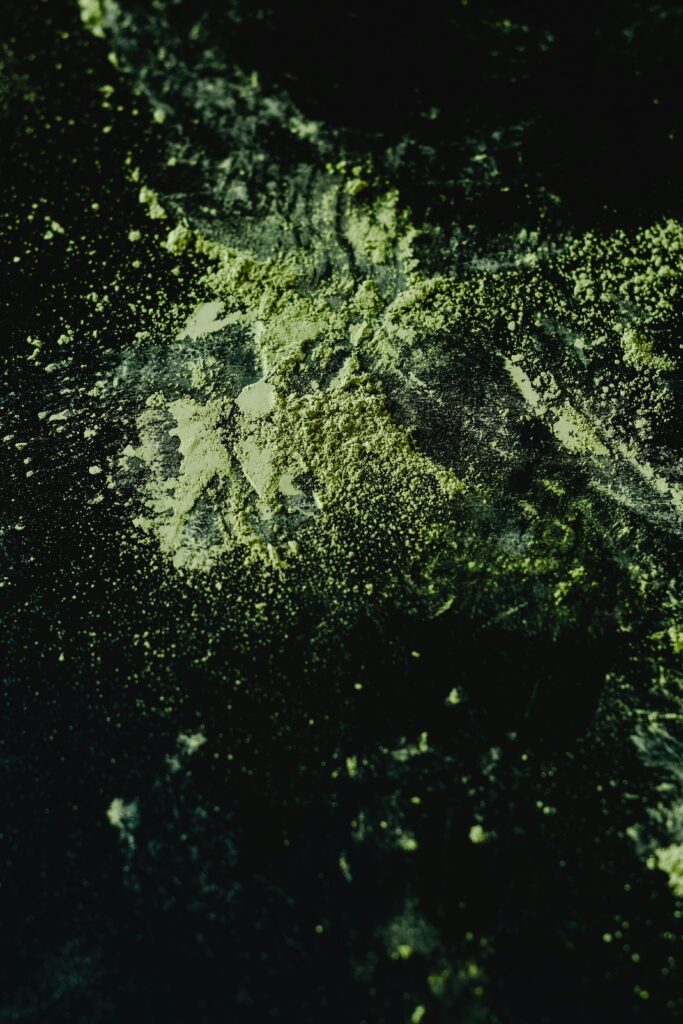
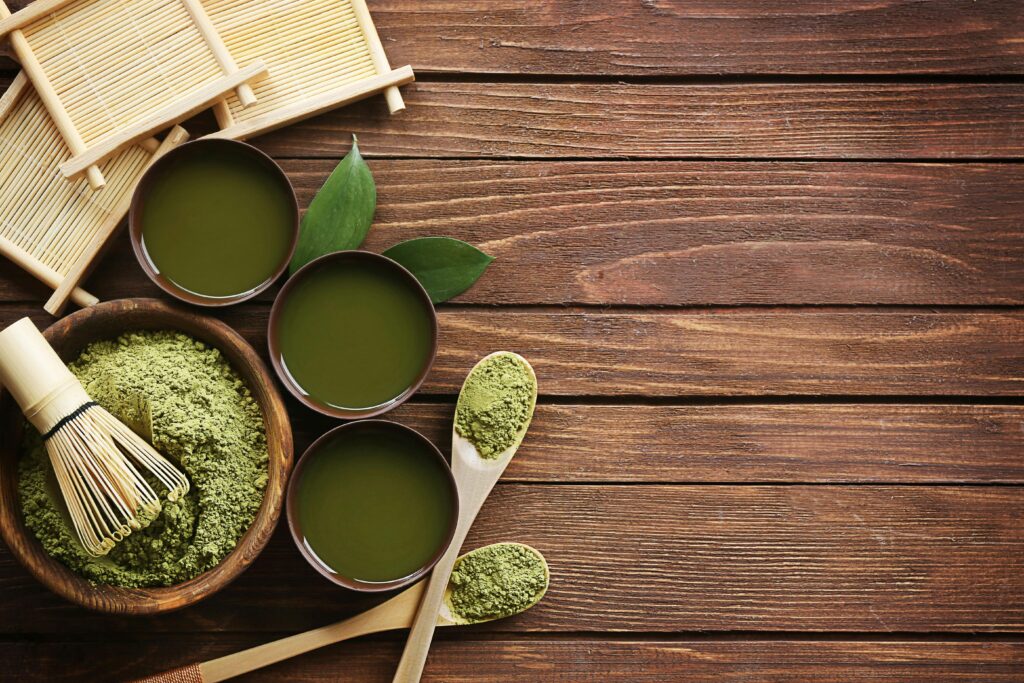
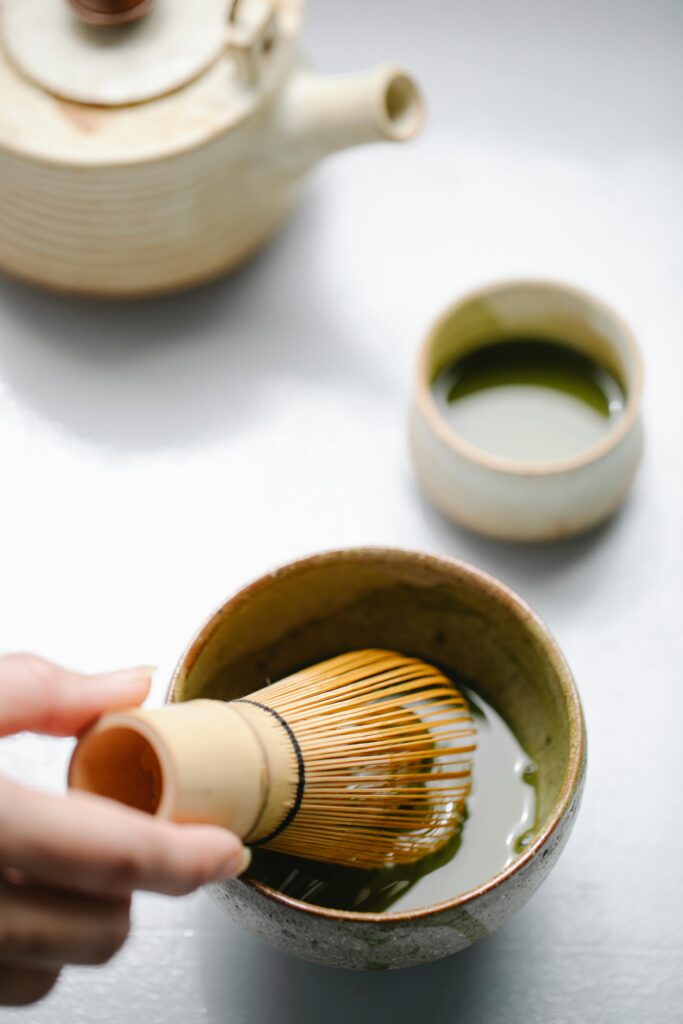
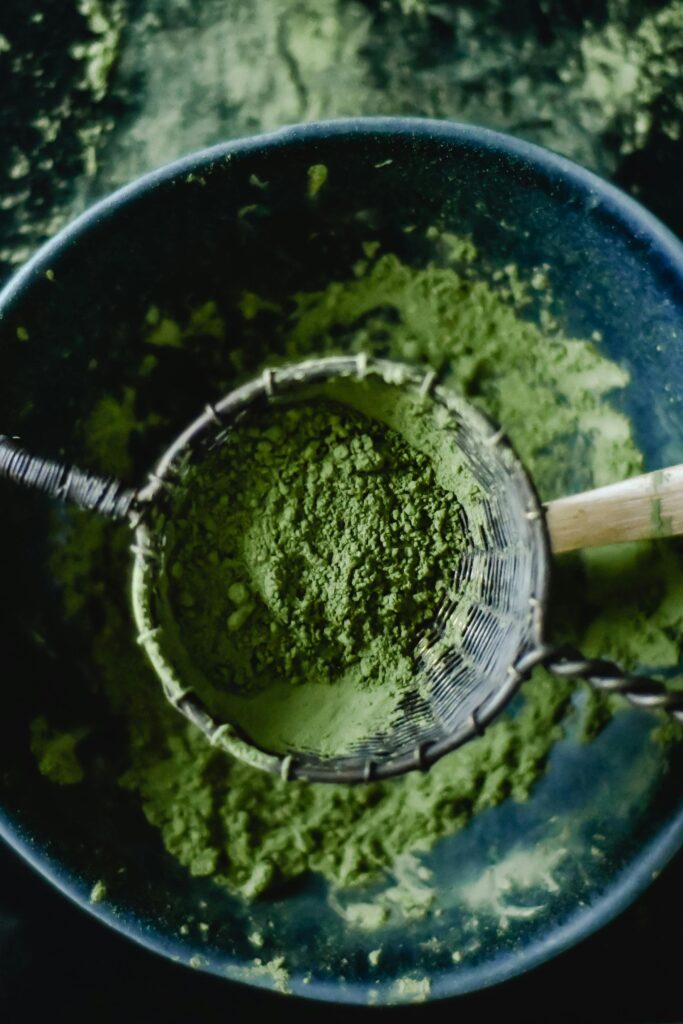
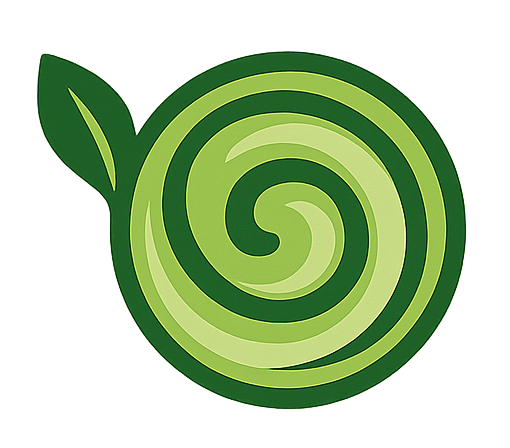
Join our mailing list to receive updates and exclusive tips.
There are no results matching your search